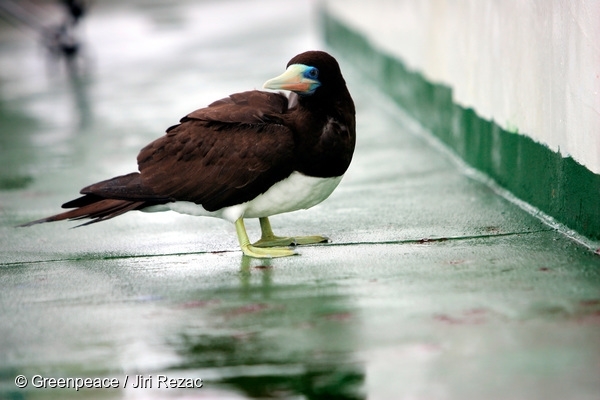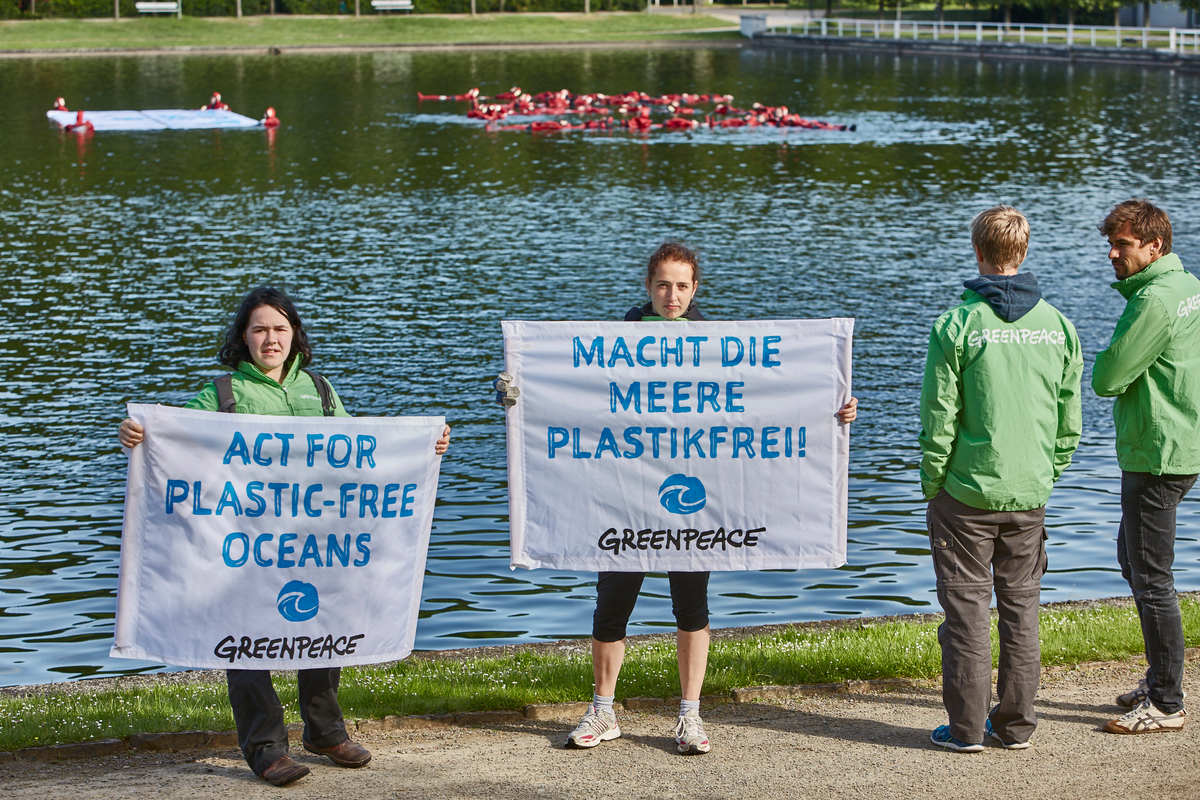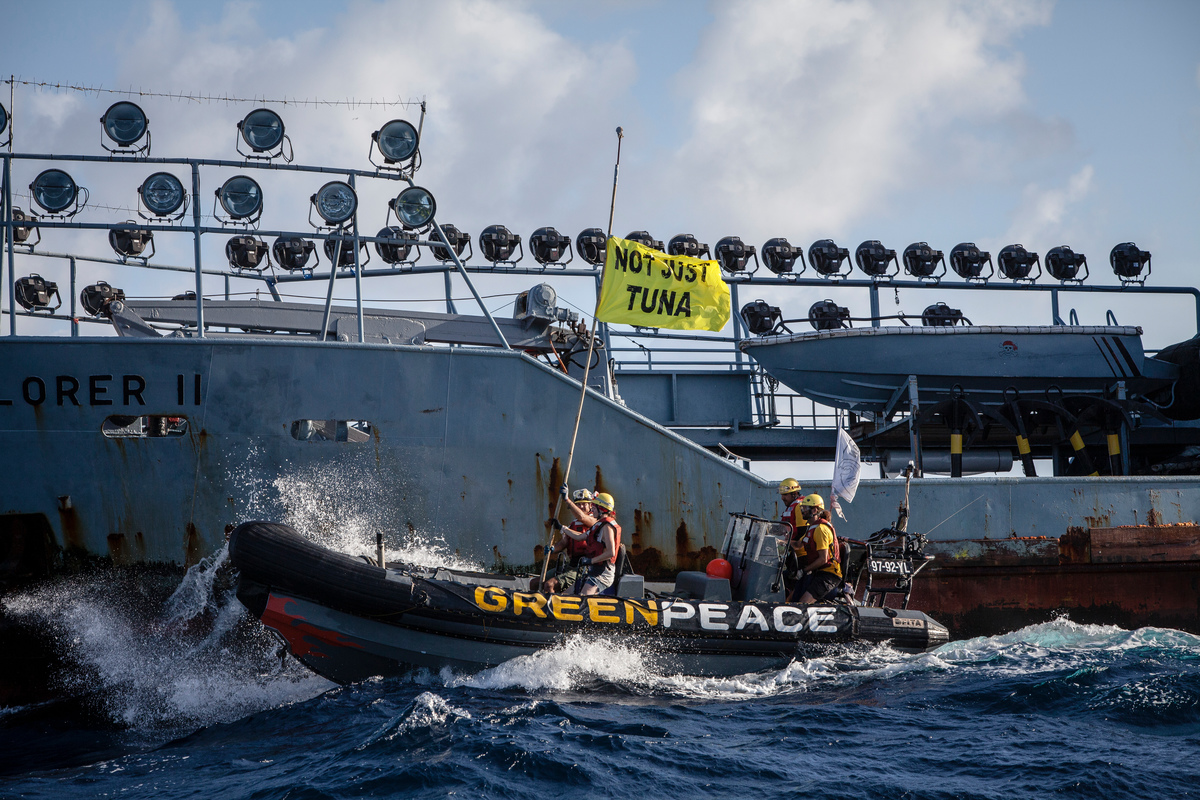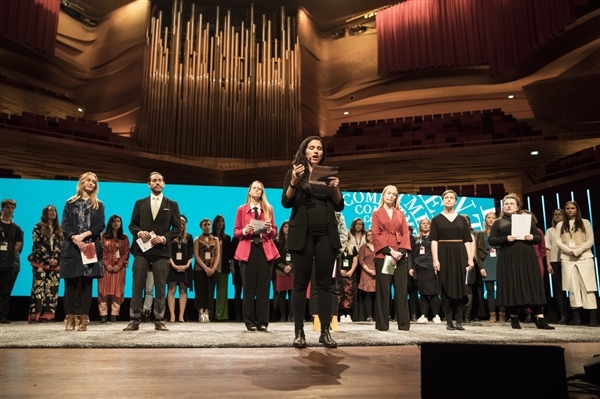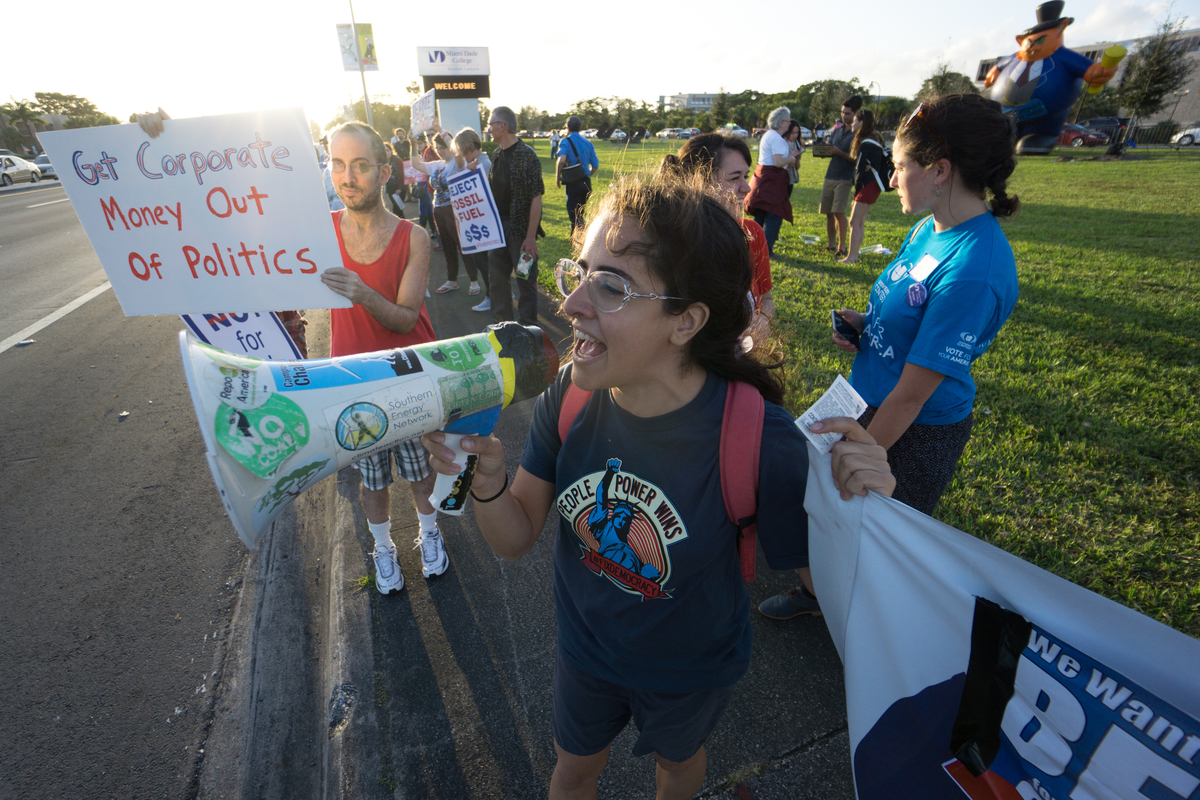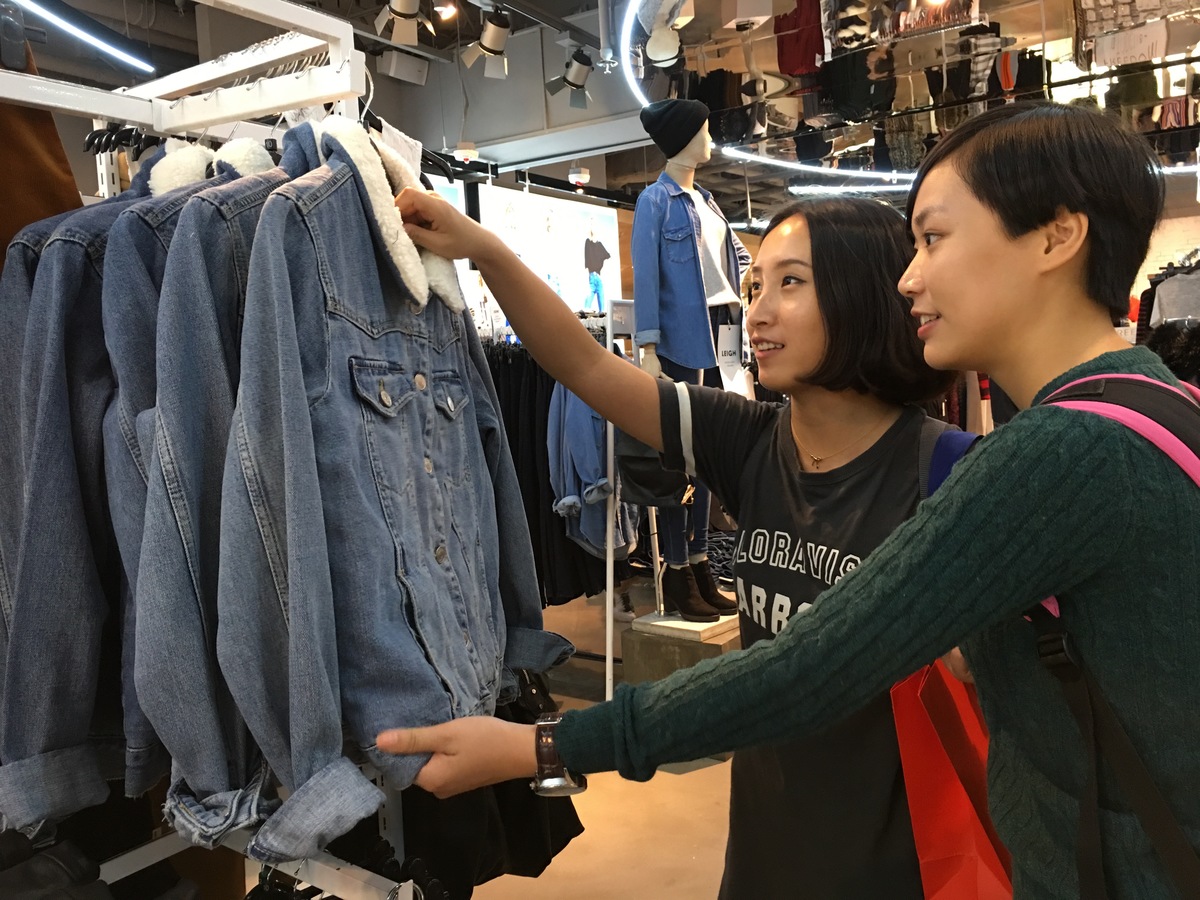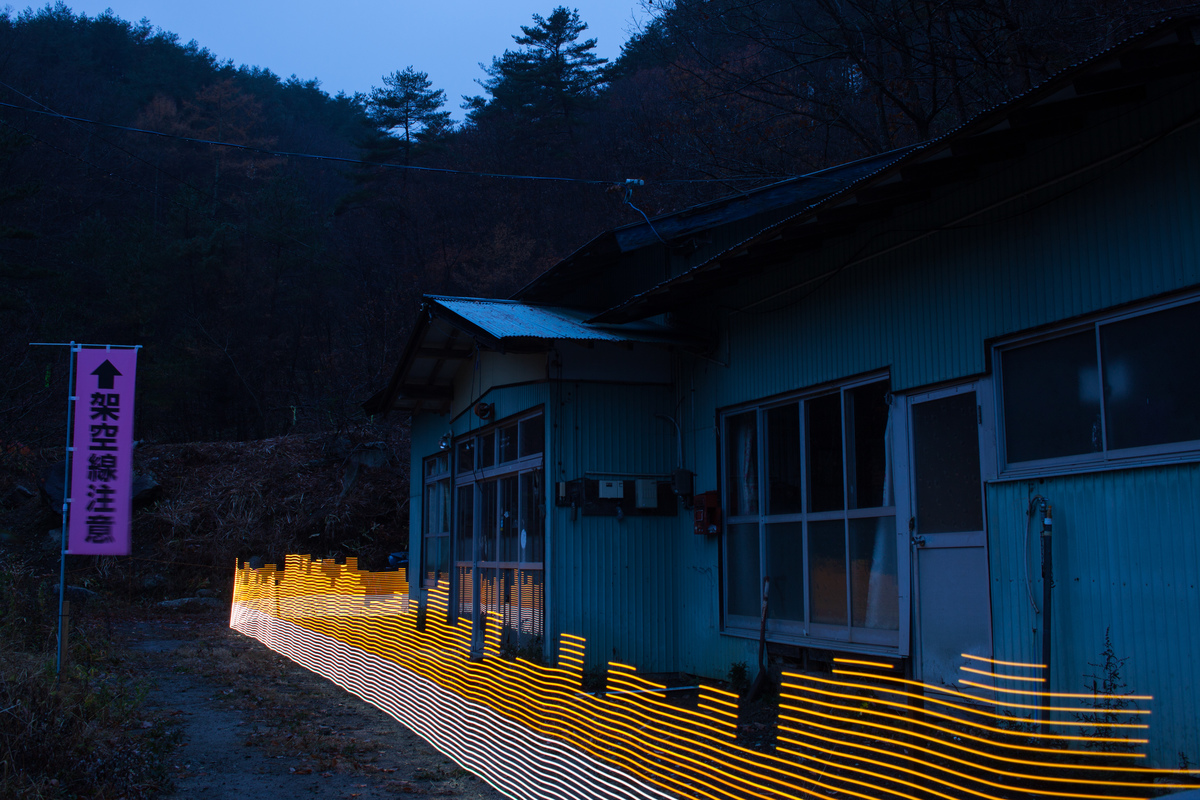-
Silent Spring, 2017
In 1962, Rachel Carson published Silent Spring, drawing attention to the impact of DDT on bird populations. Her book inspired most nations to ban DDT by the 1980s. The ban and other protection efforts helped save some bird species from extinction, including the osprey, brown pelican, and white stork. However, fifty-five years after Carson's book,…
-
Greenpeace activists call on G20 to act for plastic-free oceans
Bremen, 1 June 2017 – Greenpeace Germany activists took to the water today in protest against the world’s worsening marine plastic pollution crisis and called on the G20 countries to take concrete steps to adopt solutions and reduce the use of plastics.
-
Authors around the world stand up for free speech and forests
Authors, journalists, poets and playwrights know that every time the right words are put to paper, or typed to a screen, our planet gets a little better. Because, without the right to express ourselves freely, we cannot make that positive change.
Kat Clark • 4 min read -
After decades of lawlessness, could the seafood industry finally be ready for change?
Are we on the cusp of changing the destructive seafood industry forever? For years, the seafood industry has profited from forced labour, illegal fishing, ocean destruction and the needless slaughter of marine life. Tuna vessels operate out of sight and get away with just about anything on the high seas.
Graham Forbes • 2 min read -
Copenhagen Fashion Summit: How NOT to make the fashion industry more sustainable
This week, representatives from all the major brands - from fast fashion retailers like H&M, Asos and Zara, through to luxury labels like Burberry and Swarowski - are gathering in Copenhagen to discuss sustainability in the global fashion industry.
-
6 ways corporate lawsuits kill free speech (and how to fight back!)
Free speech is a right. So how can a corporation possibly stop you from speaking out? Using a legal tactic called a SLAPP, corporations like the massive Canadian logging company, Resolute Forest Products, are attempting to crack down on free speech by suing their critics into submission.
Molly Dorozenski • 3 min read -
Shopping doesn’t make us happy
Do your clothes make you happy? Or, after the excitement of the shopping spree fades, does your new stuff tend to lose its in-store magic by the time it’s reached your wardrobe?
Frances Lo • 3 min read -
Restless, compulsive, unfulfilled – Greenpeace survey offers insights into fashion shoppers feelings
Hamburg, 8 May 2017 - Compulsive fashion shoppers regularly overspend on new clothes in spite of not being able to use them, with post-shopping excitement often turning into guilt after less than a day. This is an international phenomenon that is spreading around the world, according to representative surveys commissioned by Greenpeace in China, Hong…
-
After the Binge the Hangover
Consumers are no longer shopping because they need something. On the contrary: younger people in particular shop despite already having too much, longing for fulfillment and encouraged by social media and the ease of online shopping. However, shopping doesn’t make people happy as the excitement only provides a temporary fix.
-
Nuclear power and the collapse of society
On March 1 1954, on Bikini Atoll, in the Marshall Islands, the US military detonated the world’s first lithium-deuteride hydrogen bomb, a thousand times more powerful than the Hiroshima and…

